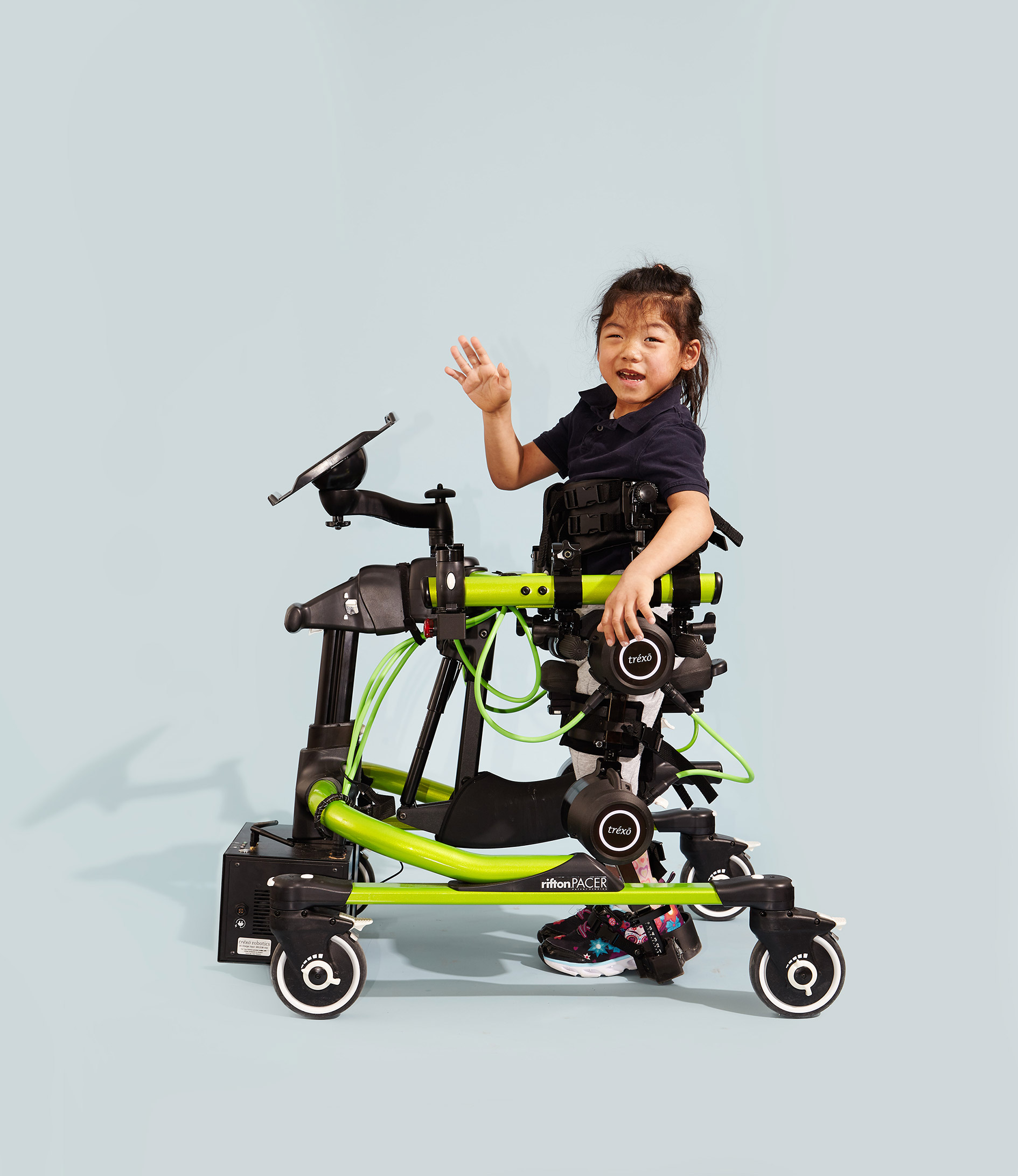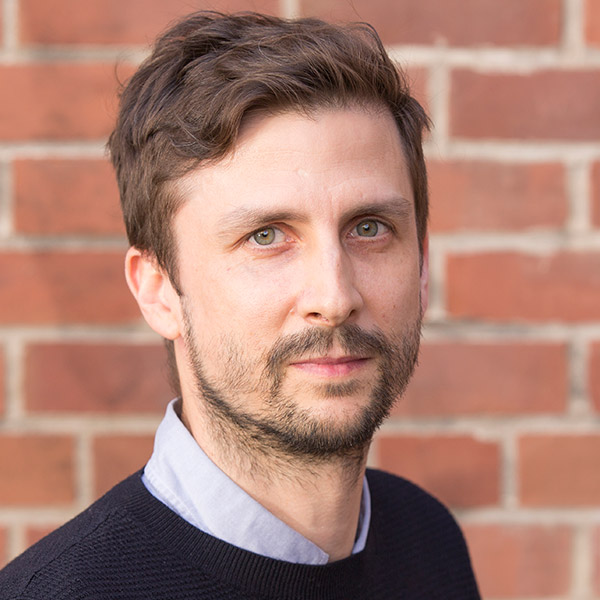Manmeet Maggu and Rahul Udasi were studying engineering at the University of Waterloo when Maggu received troubling news from family in India: His young nephew Praneit had cerebral palsy, a condition that can severely limit movement and balance.
Before long, Maggu had an idea: What if he and Udasi could develop wearable robotics to help Praneit walk independently? As they began postgraduate degrees at U of T – Maggu an MBA, and Udasi a master’s in engineering – they decided to launch a startup. Their company, Trexo Robotics, would create a robotic device (in concept, a bit like the suit in Iron Man) that helps children with physical challenges walk.
In 2016, Maggu and Udasi packed up a prototype of their wearable robotic system and flew to India to visit Maggu’s brother, his wife and Praneit, who tried it out in the family’s living room. “Watching Praneit take his first steps using our device was an incredibly proud moment for us,” says Maggu.
To create the prototype, Maggu and Udasi had drawn on resources and expertise from four U of T business incubators – including the Entrepreneurship Hatchery at the Faculty of Applied Science and Engineering. (As part of a $3-million gift from Gerald Heffernan [BASc 1943], the Hatchery got a new home in the Myhal Centre.) Trexo is one of the Hatchery’s success stories.
The company launched a pilot study last August with the Cincinnati Children’s Hospital Medical Center, one of the largest children’s rehabilitation programs in the U.S. “This is the kind of impact we want to have in life,” says Maggu.
Pictured: Four-year-old Iris Chan has been using Trexo’s robotic device since January
Recent Posts
People Worry That AI Will Replace Workers. But It Could Make Some More Productive
These scholars say artificial intelligence could help reduce income inequality
A Sentinel for Global Health
AI is promising a better – and faster – way to monitor the world for emerging medical threats
The Age of Deception
AI is generating a disinformation arms race. The window to stop it may be closing





